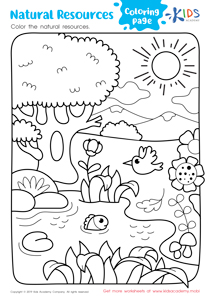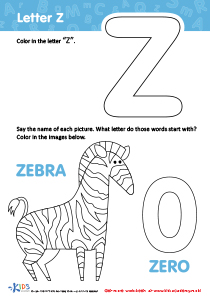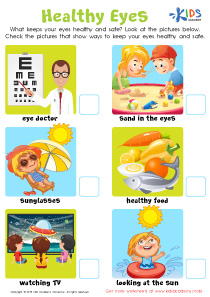English Language Arts Lessons | Basic English Conventions for Ages 4-5
9 results
Dive into the world of language with our engaging lessons on Basic English Conventions for Ages 4-5! Designed to captivate young minds, our program includes interactive worksheets, lively educational videos, and fun assessment quizzes tailored for preschoolers. Through playful activities, children will explore the basics of English grammar, punctuation, and spelling in an environment that fosters curiosity and a love for learning. Perfect for little learners, our lessons make mastering Basic English Conventions an exciting adventure. Join us on this educational journey and lay the foundation for your child's literacy skills in a joyful and supportive setting.
In today's fast-paced world, giving children a strong educational foundation is more important than ever. This is particularly true when it comes to mastering the English language, which serves as a cornerstone for communication, critical thinking, and further academic success. For young learners, especially those in the critical developmental stage of ages 4 to 5, our lessons on Basic English Conventions are not just beneficial but essential. These lessons, designed with the unique learning styles and needs of children in mind, offer a comprehensive, engaging, and fun introduction to the fundamentals of English.
Understanding Basic English Conventions at an early age sets the stage for a lifetime of effective communication and literacy skills. These conventions include the alphabet, phonics, simple grammar, sentence structure, and the basics of reading and writing. By mastering these foundational elements, children are better equipped to decode the complexities of the English language as they advance in their studies. Our lessons are crafted to ensure that children grasp these concepts in a manner that is both enjoyable and educational.
Our approach to teaching Basic English Conventions for Ages 4-5 involves interactive worksheets, educational videos, and assessment quizzes. These tools are designed to cater to various learning styles, ensuring that every child can benefit regardless of their preferred method of learning. The interactive worksheets offer hands-on practice, allowing children to apply what they have learned in a tangible way. This method of learning through doing helps to reinforce the lessons, making the information more memorable for young learners.
The educational videos serve as a visual and auditory reinforcement of the concepts covered in the worksheets. These videos are not only informative but also entertaining, capturing the children's attention and making the learning process more engaging. Through stories, songs, and colorful animations, children are introduced to Basic English Conventions in a way that resonates with them, making the learning process feel more like play.
Assessment quizzes are another vital component of our lessons. These quizzes provide immediate feedback, allowing both parents and educators to gauge a child's understanding of the material. This immediate assessment helps to identify areas where a child may need additional support, ensuring that no child falls behind. Moreover, these quizzes can boost a child's confidence as they see their progress and mastery of the material.
Our lessons on Basic English Conventions for Ages 4-5 are not just about learning to read and write. They are about laying a solid foundation upon which children can build as they grow and learn. By starting this educational journey early, children are given the tools they need to succeed not only in their studies but in life. Through interactive learning, engaging materials, and consistent assessment, our lessons offer a comprehensive approach to mastering Basic English Conventions. As a result, children are better prepared to tackle the challenges of further education, armed with strong literacy skills and a love for learning that will last a lifetime.






















